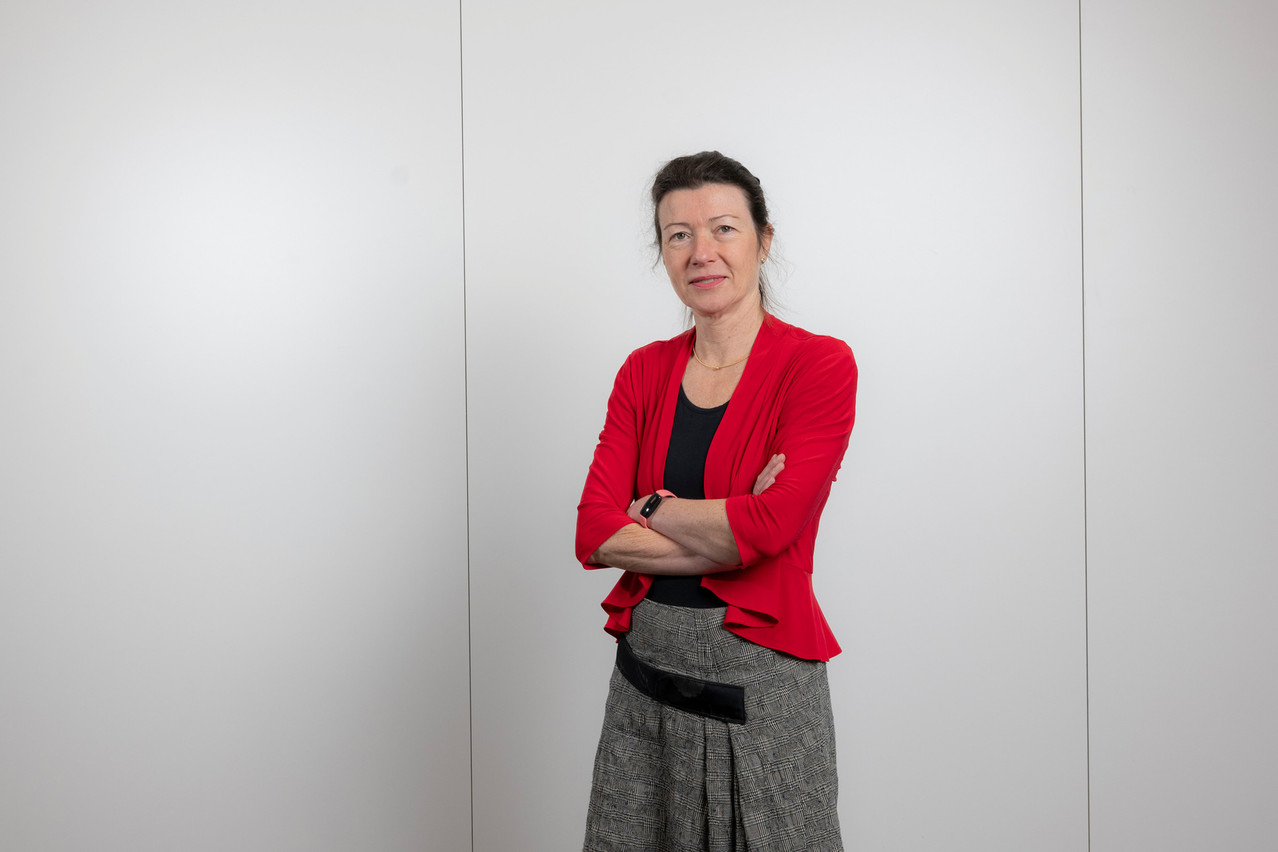Luxembourg’s national cancer plan, which covers 2020-2024, focuses on improving multi-disciplinary care, having different specialists work together, improving diagnostics, digitalising the healthcare system, providing better information to patients, and integrating research and care.
For , director of the department of cancer research at the Luxembourg Institute of Health (LIH), this last point is of particular interest. But “many of the bottlenecks that we face are actually going beyond cancer care,” said Niclou.
Fundamental challenges in Luxembourg’s healthcare system
These bottlenecks are, to a large extent, inherent in the grand duchy’s healthcare system, explained Niclou. “One example, if we talk about digitalisation of the healthcare system, that’s something where everyone would benefit, but it’s missing throughout the system. There is not one coherent system to have electronic health records.”
The grand duchy also lacks specialised centres that would have specific experience in certain disease areas, while another bottleneck is “the lack of integration of research and clinical care,” said Niclou. Research takes place in different centres while clinical care occurs in hospitals or private clinics, but “it’s not linked. And this is really something that for cancer care, we would like to change,” she explained.
“In the US, for example, or also in many European countries, you have comprehensive cancer centres. And these are really high-level academic centres where you have the latest medical knowledge from scientific evidence that is then applied to patient care.”
This is, however, not yet the case in Luxembourg, Niclou pointed out. The European Commission wants to implement comprehensive cancer centres in each EU country, which “is really something we would like to see develop and we are working on it,” said Niclou.
Promising developments in immunotherapy and precision oncology
Together with the University of Luxembourg’s life sciences department, the LIH department that Niclou heads is “where most of the cancer research is happening in the country.” Key research sectors include immuno-oncology, the interaction of tumours and their microenvironment, as well as tumour metabolism--these apply to various cancer types.
“But then also we have dedicated know-how in brain tumours, in colorectal cancer and in haematological diseases,” she said. Haematological diseases include blood-based tumours, like leukaemia.
Read also
Regarding developments in the field of cancer research, Niclou answered, “I think there are two very important developments. One is, of course, in the field of immunotherapies. That’s an incredibly important topic, where currently there are lots of very good treatments that have been developed already. And this is still really continuing to be researched. We are very active in that domain and we want to expand it also towards cellular therapies.”
A person’s immune system has accepted the tumour as “normal tissue,” Niclou explained, which is why the immune system is no longer active against the tumour. Cell-based immunotherapy involves removing blood cells from a patient, adapting them so that they are active against the cancer, then giving them back to a patient. In this manner, the immune system is then “activated” to recognise the tumour as “bad.”
“The other big development is precision oncology,” said Niclou. “That means you identify the unique characteristics in each tumour, of each patient.” This can be done with technologies such as sequencing technologies, “and then you try to find what is really unique to this tumour in this patient.” Based on that link, doctors can then determine the most suitable treatment, thus providing personalised medicine.
Are these already being used in Luxembourg?
Not really, was the response. “There are some exceptions here and there,” said Niclou. “It’s done if a doctor asks for sequencing,” but it’s not part of the standard of care. “This is still research,” she explained. “Since we don’t have this integration of research with care, it is not easily applied in Luxembourg.” The system doesn’t allow coherent, sustainable implementation.
On top of that, “we’re missing experts,” added Niclou. This would also require high-level staff that can run such programmes.
National Centre for Translational Cancer Research as a “bridge”
The centre, which had its “kickoff” in 2022, aims to “fill this gap between more fundamental research and clinical care, and to make this integration, basically, of research and care,” explained Niclou. Last year, the centre received seed funding from Luxembourg’s National research fund (FNR) to set up a business plan, and hopes to get the “go” to set up later this year.
“I see it kind of as a bridge for the current situation in Luxembourg, where we don’t have this possibility at the structural level to make this integration,” said Niclou. “We will set up this centre as an intermediate solution so that we can already offer precision oncology, advanced immunotherapy, to the patients. But eventually this will have to become sustainable, and this will need adaptation and a change in how the healthcare system is functioning.”
Read also
Niclou, who will take up the position of vice rector for research at the University of Luxembourg in March, concluded with the importance of the university in training medical doctors and other medical professionals. The university, which has an oncology specialty, will be key in integrating research and clinical care.
“I think the university can play an important role, on one hand, by training the new doctors,” said Niclou, “but also by setting the standards in terms of what an academic-type hospital should be delivering--what are the guidelines, the standards, compared to international comprehensive cancer centres or other disease areas.”
